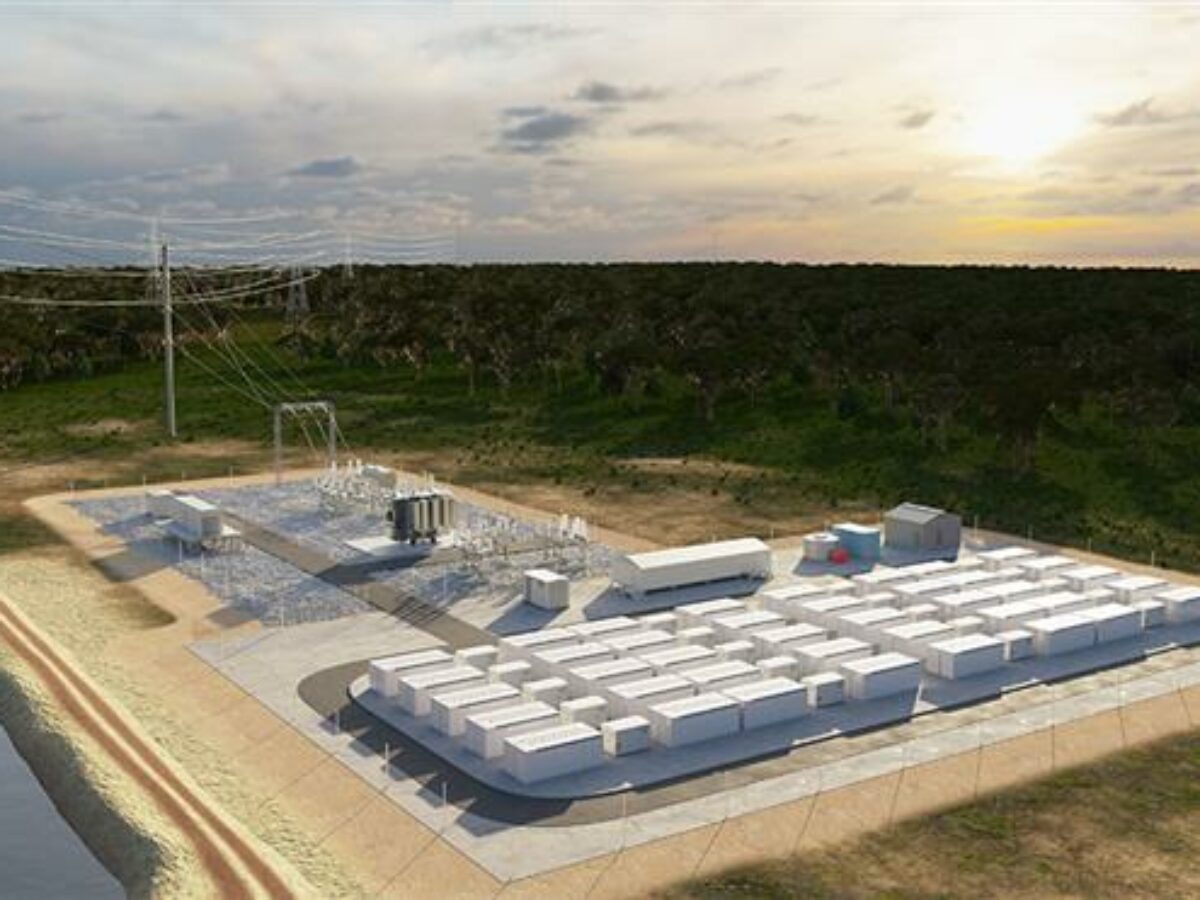In other EV news, the Clean Energy Finance Corporation has announced a $40 million investment to provide discounted finance for the retail Green Car Loan offered by Australian non-bank lender, Firstmac. In a statement on Thursday, the CEFC said its investments to advance EV ownership in Australia had already supported an estimated $230 million of retail and commercial green finance, putting more than 3,000 EVs and plug-in hybrids onto Australian roads. This latest CEFC investment with was “expected to finance at least a further 900 EVs, with the discounted finance saving customers between an estimated $1,400 and $2,500, depending on the size and length of the loan.” The CEFC finance will enable eligible Firstmac customers to benefit from a 0.5 per cent discount for the life of their loan with a further 0.5 per cent discount provided by Firstmac, resulting in a total discount of one per cent compared to the equivalent interest rate charged to Firstmac borrowers buying internal combustion engine (ICE) vehicles.
Picture: credit CS Energy






